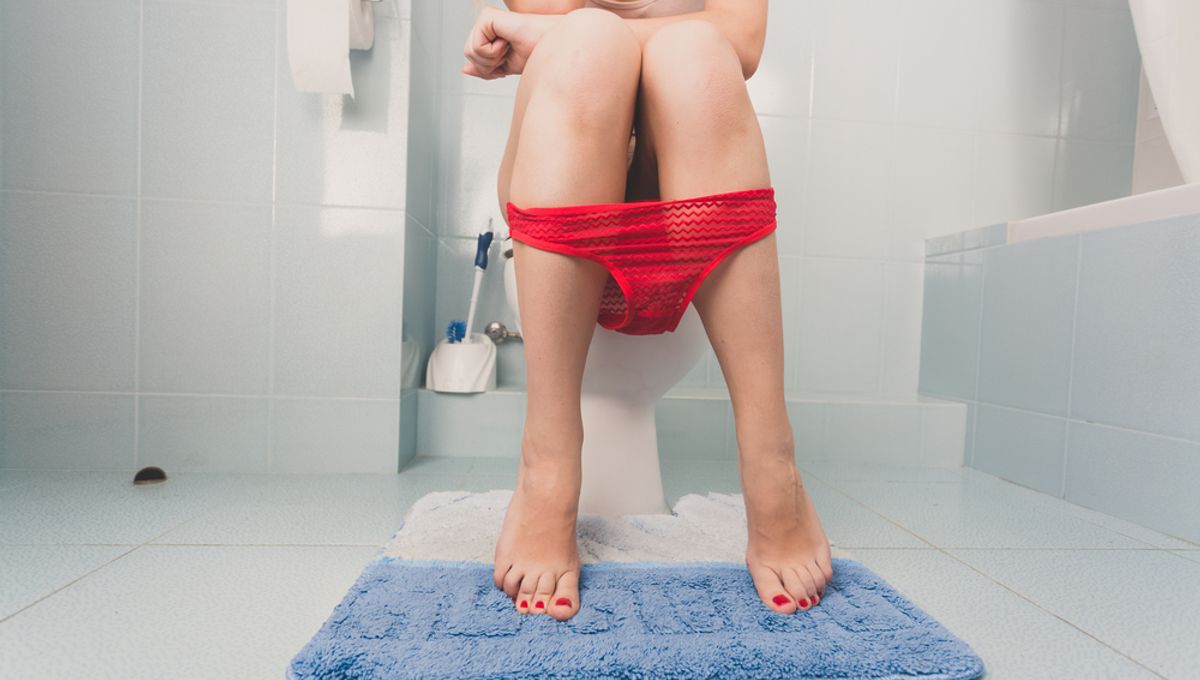
So many people in the US are using and abusing laxatives that it’s caused a national shortage. Just like many health-related problems of today’s world, the dwindling stockpiles of pooping pills can be explained by a mixture of terrible diets, questionable internet trends, the nation’s aging population, and strains on mental health.
The US is currently experiencing a scarcity of polyethylene glycol 3350, the prime compound found in many big brand laxative products like MiraLAX and Glycolax, as reported by the Wall Street Journal (WSJ).
Some pharmaceutical companies have even reportedly started building new factories, in part, to boost the production of the sought-after compound.
Polyethylene glycol eases constipation by drawing water into your stool, making it easier to pass through your digestive system.
As per the WSJ report, many people are abusing this drug as a “budget Ozempic” in an attempt to lose weight. This extremely risky idea, they say, has been driven by TikTok influencers who promote the supposed benefits of laxatives for good gut health and weight loss.
A clinical psychologist told the WSJ that “at least three of the five or so new teens” they see each week have reported using laxatives for weight loss.
Abusing laxatives like this can prove incredibly dangerous and can be an indication of an eating disorder. By flushing the body, the improper of laxatives can cause a loss of water, minerals, electrolytes, indigestible fiber, and other good things that are essential for your health.
Another factor in the laxative shortage is the aging population of the US. The prevalence of constipation increases with age and, as such, many are advised to take laxatives to help ease things along. Quite simply, more old people means a higher demand for many drugs, including polyethylene glycol.
However, demand is also increasing among younger adults more widely. This can likely be explained by the deeply ingrained foibles of post-industrial lifestyles: ultra-processed foods lacking in fiber, minimal physical activity, and declining mental well-being.
The rising demand for laxatives was especially noticeable in the wake of the COVID-19 pandemic. People ate poorer diets, exercised less, and many experienced more anxiety during the quarantines, all of which are factors that can contribute to bowel dysfunction. As a result, many turned to laxatives in lockdowns and remained reliant on the product even after life had returned to some degree of normality.
“It’s crazy to think that our collective bowel dysfunction problems have gotten so bad that we’re literally running out of stool softeners,” George Pavlou, President of the Gastroenterology Associates of New Jersey, told the WSJ.
Source Link: There's A Major Shortage Of Laxatives In The US Right Now